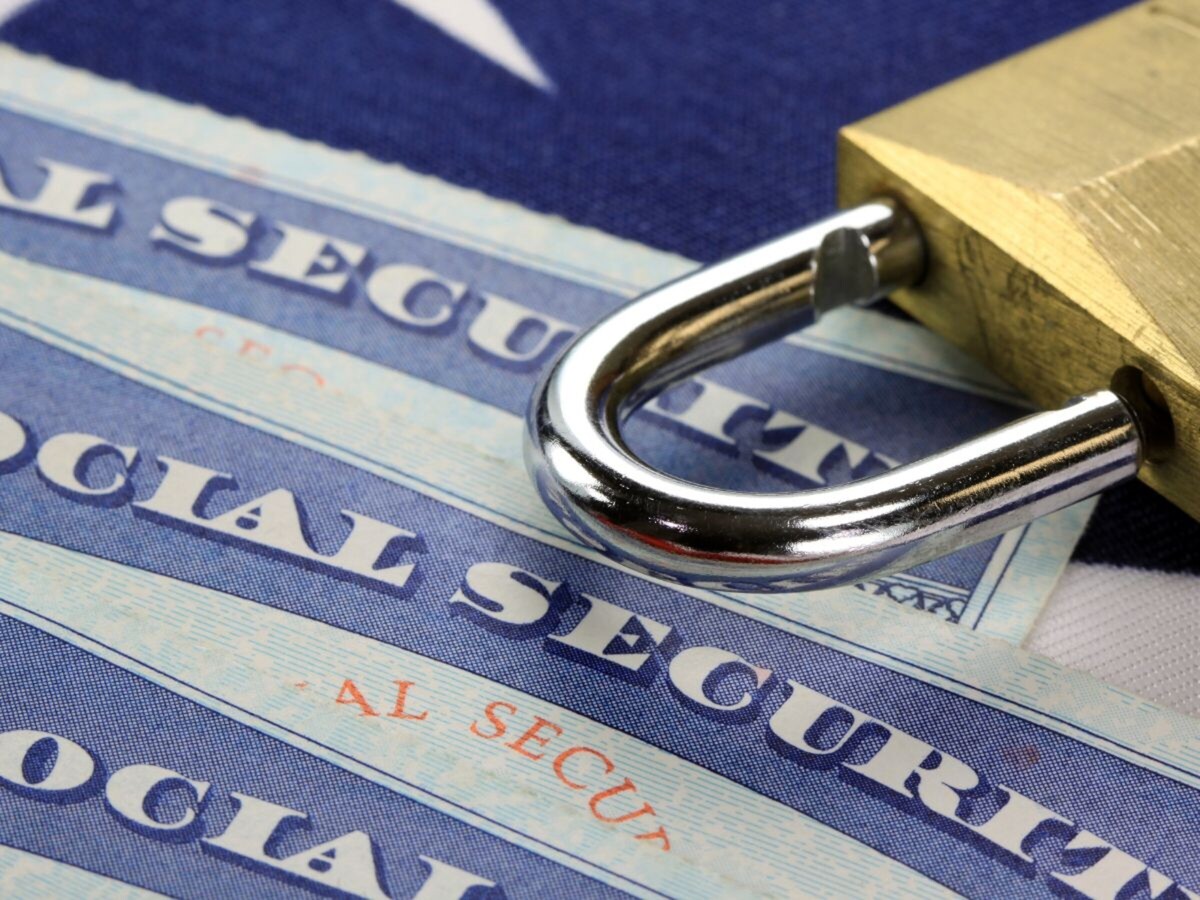Urgent Alert for NJ Residents: Act Now to Protect Your Data After Major Breach
Following a significant data breach at Change Healthcare, New Jersey’s Attorney General urges affected residents to secure free credit monitoring and identity theft protection services.
Attorney General Matthew J. Platkin emphasizes the critical need for New Jersey residents to safeguard their personal information in light of a substantial data breach at Change Healthcare, a key unit of UnitedHealth. This breach, which occurred in February, led to the exposure of sensitive health and personal data of millions on the dark web—a hidden internet sector notorious for illicit activities.
Change Healthcare, a major player in electronic data transactions for the healthcare sector, facilitates a vast array of administrative tasks for providers, pharmacies, and insurers. The cyberattack not only compromised data but also disrupted healthcare operations across the country, affecting the delivery of medical services.
Although the specific number of affected individuals is yet unknown, estimates suggest that up to one-third of the American population could be impacted, with a significant number of them potentially being New Jersey residents. Unlike typical protocol where affected consumers receive direct notifications, Change Healthcare has not yet issued individual notices.
In response, Attorney General Platkin is alerting all New Jersey residents to the availability of free credit monitoring and identity theft protection services for two years. Residents concerned about potential impacts can enroll in these services through the dedicated website at www.changecybersupport.com or by calling 1-888-846-4705.
Additional protective steps include placing a free credit freeze with major credit bureaus—Equifax, Experian, and TransUnion—to prevent new accounts from being opened in their names, and setting a fraud alert to encourage stricter identity verification by creditors.
Residents should also stay vigilant for signs of medical identity theft, such as receiving bills for unrendered services or notices about reaching insurance benefit limits unexpectedly. The Division of Consumer Affairs' Office of Consumer Protection provides comprehensive guidance on identity theft.















